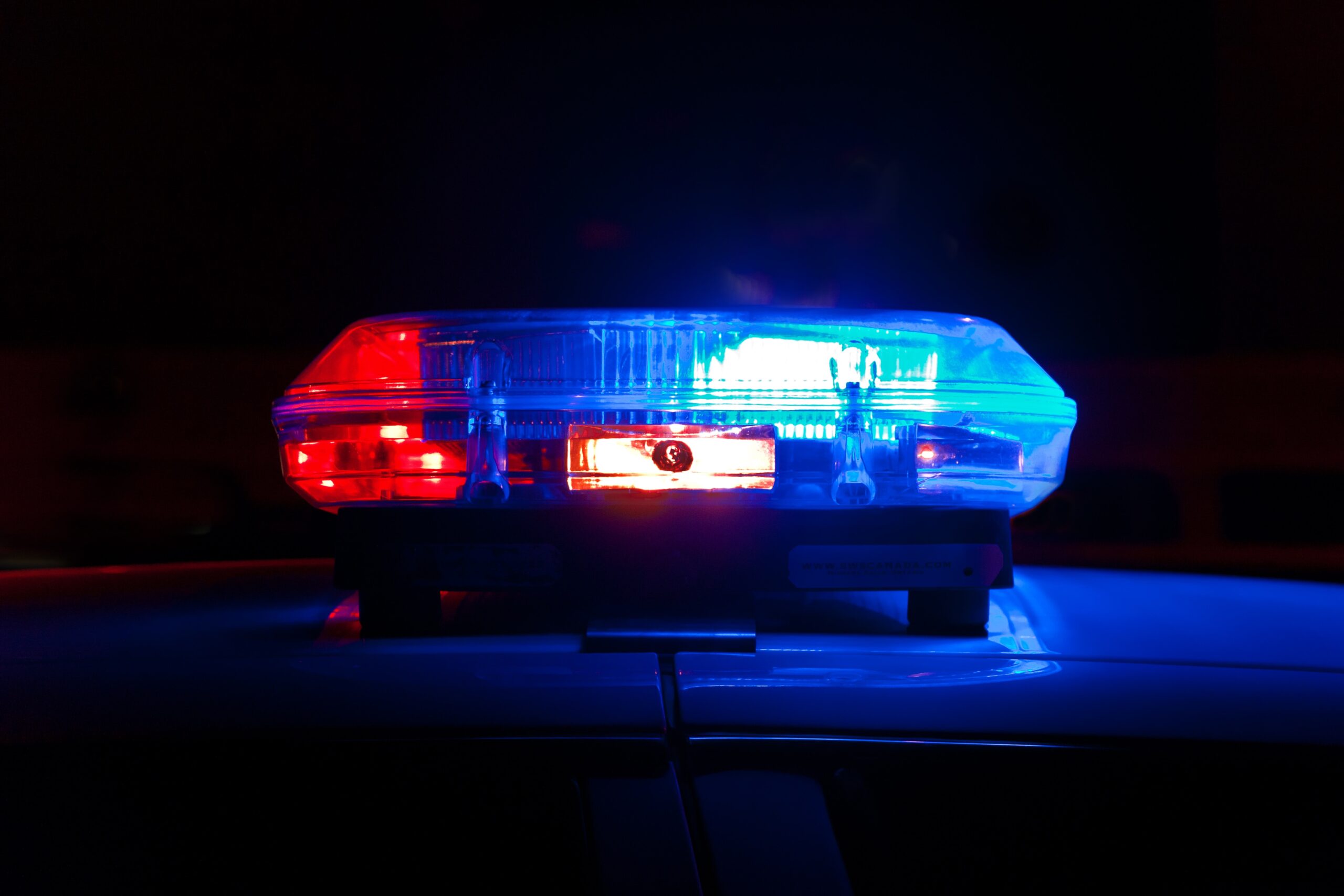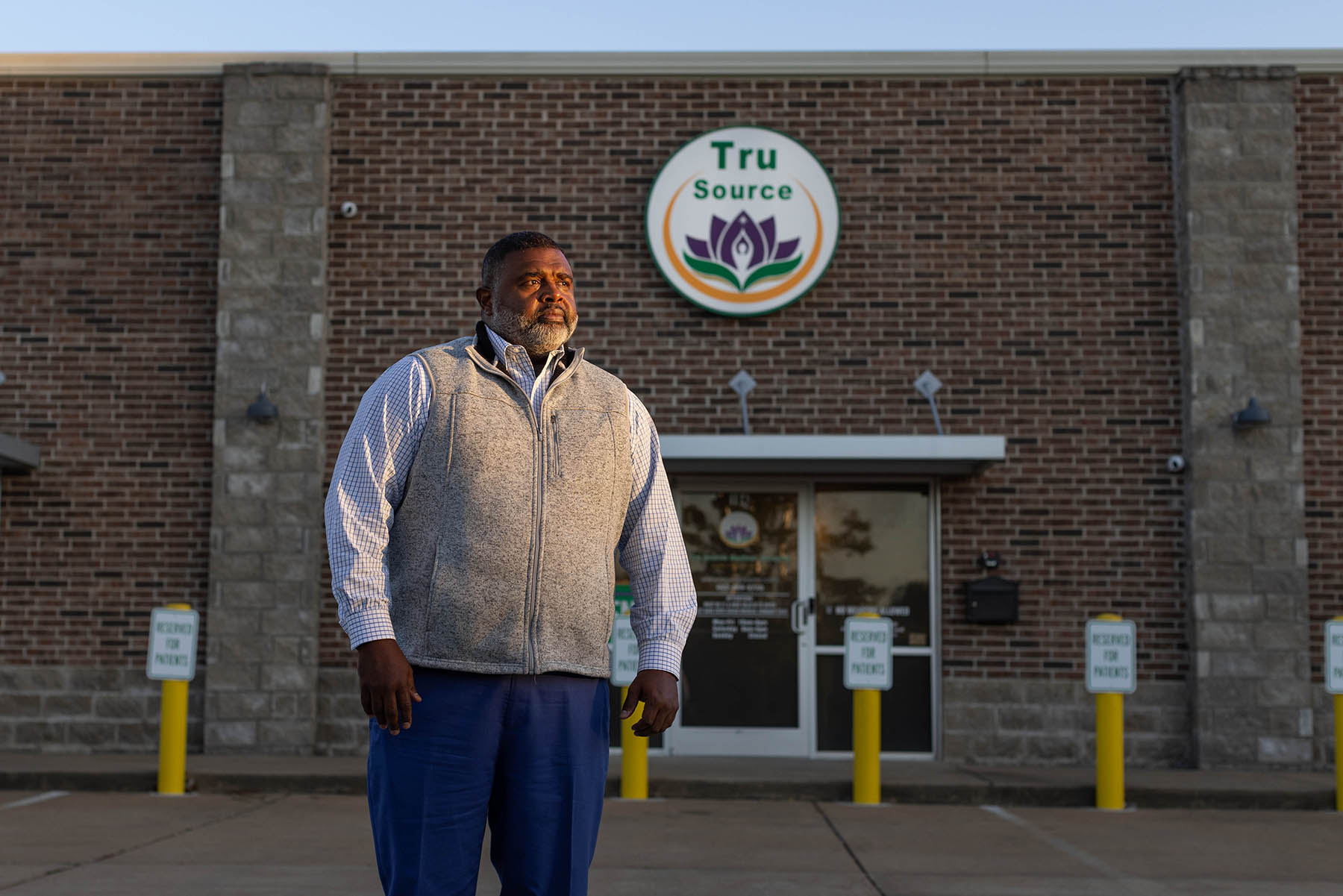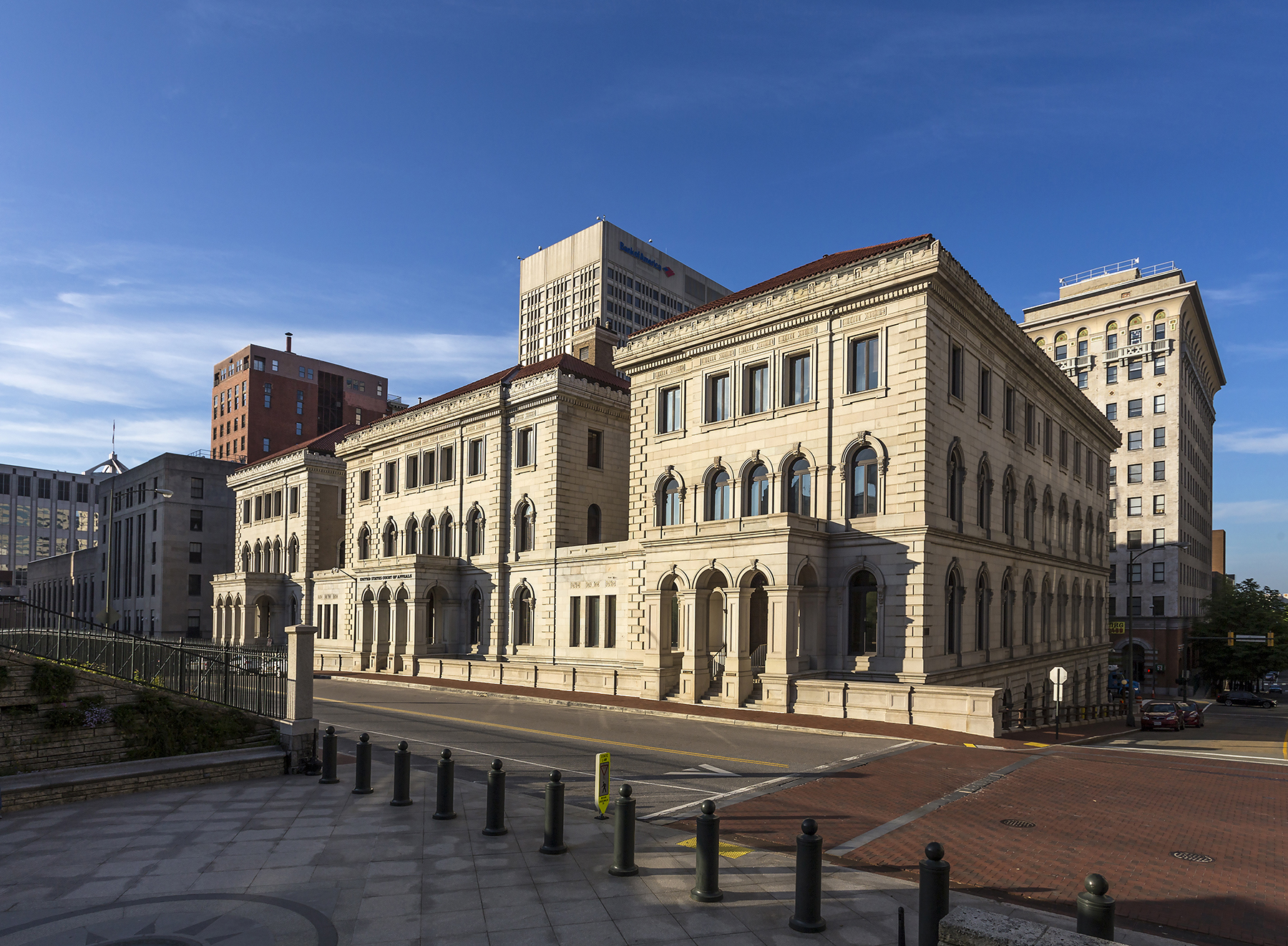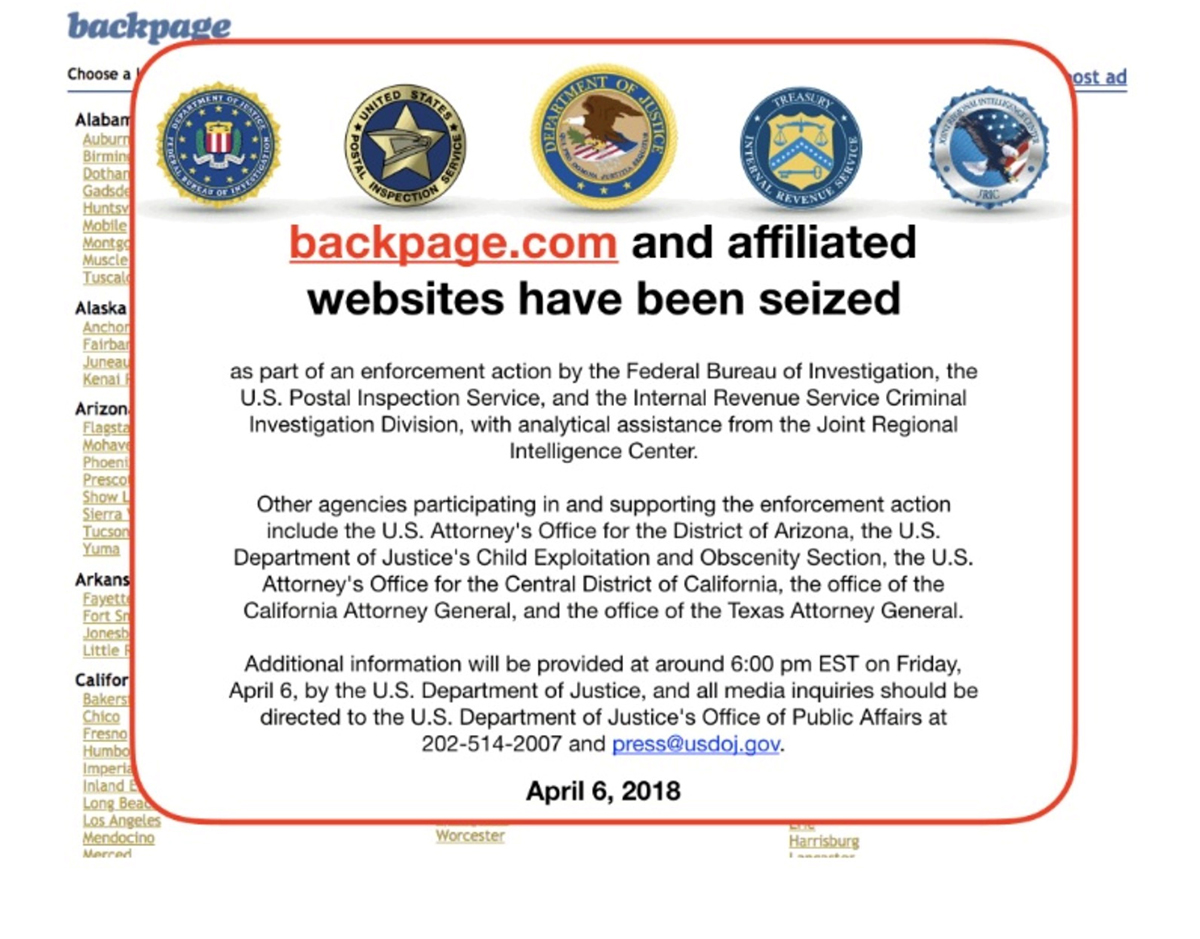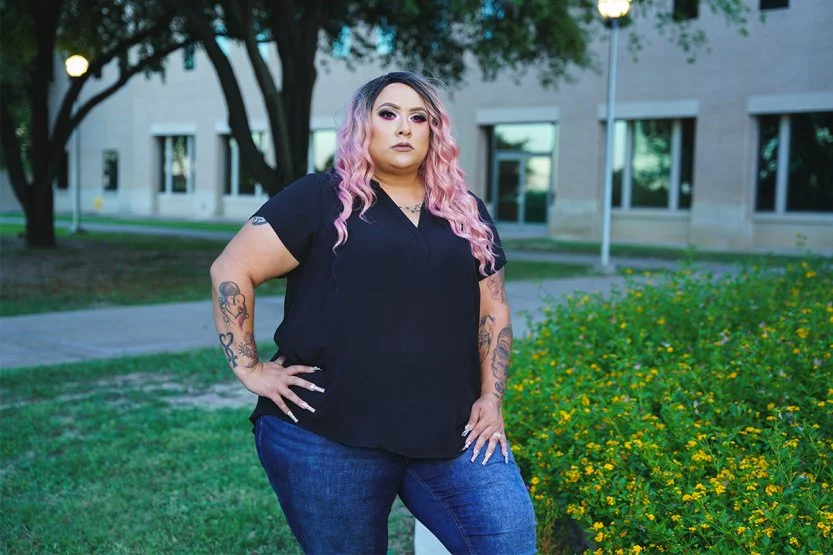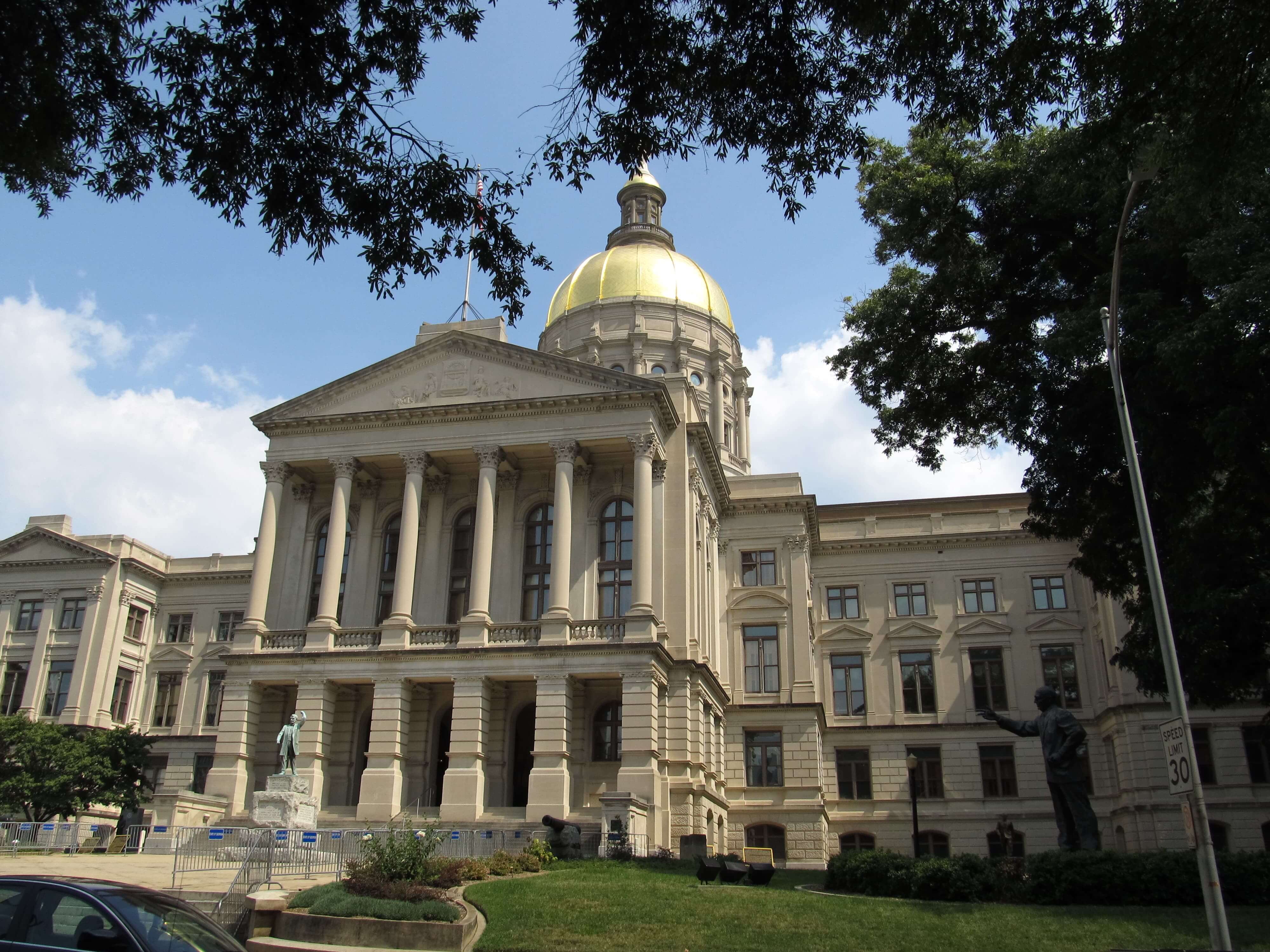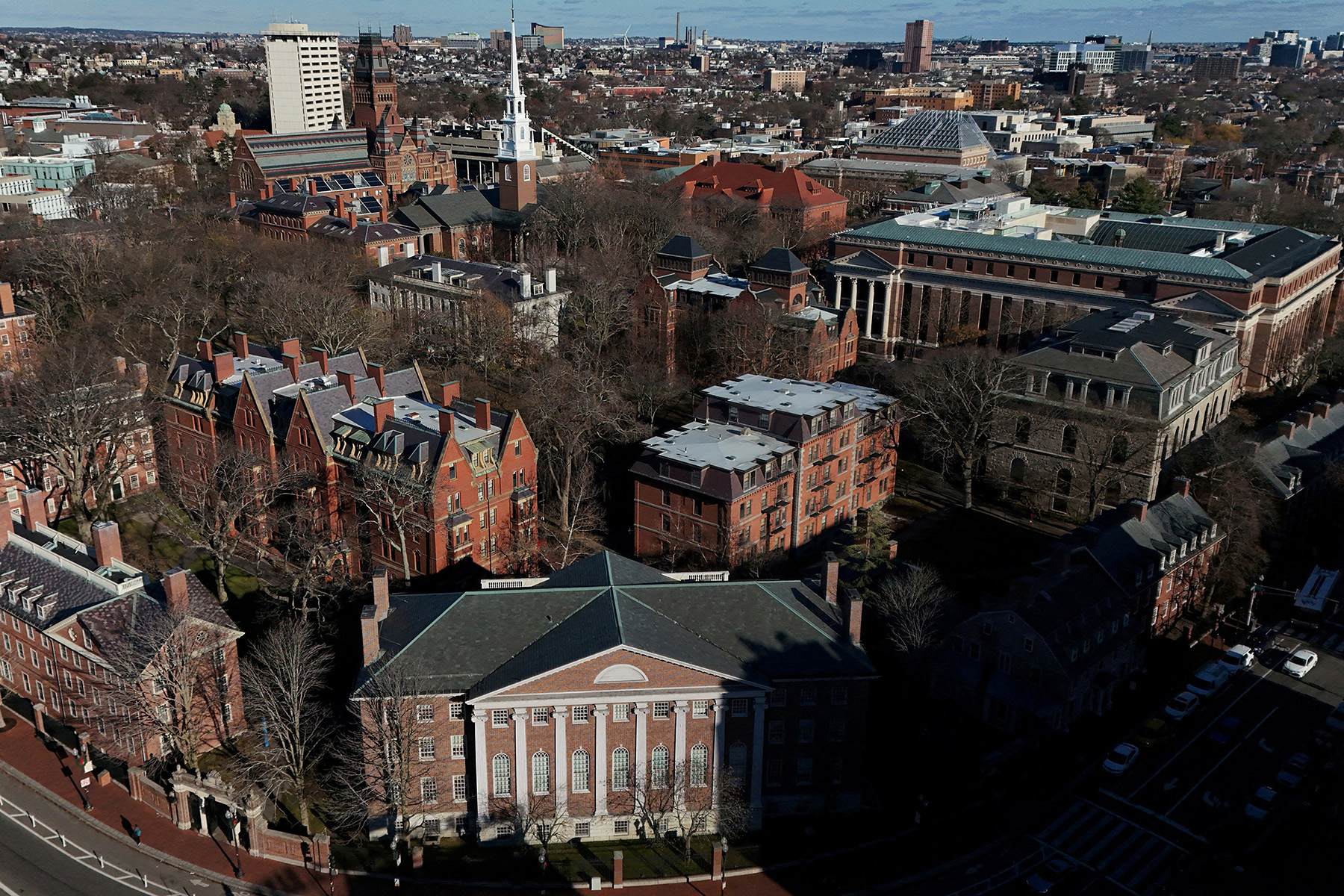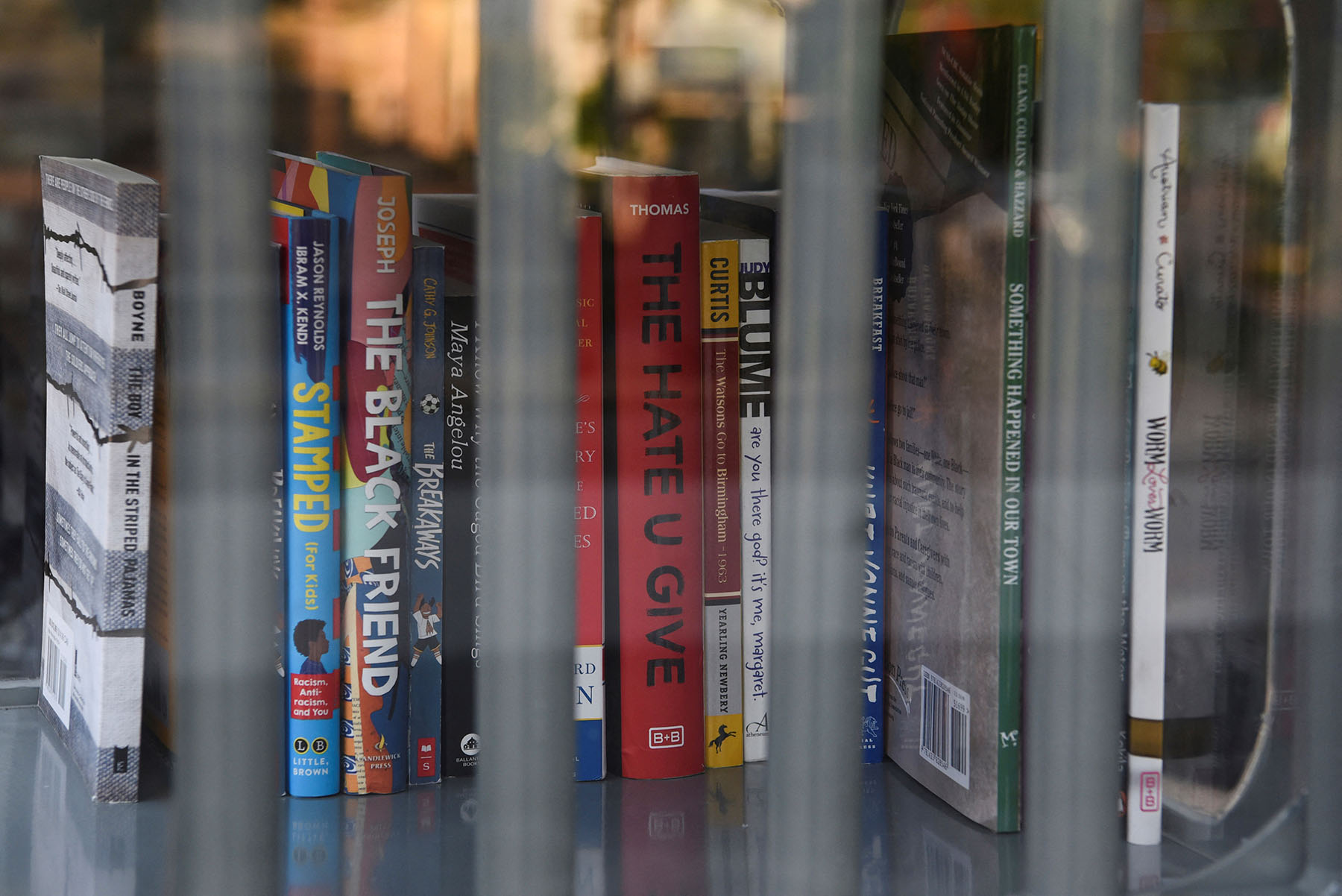Kansas Lawmakers Want a Report on Last Year’s Police Raid of a Newspaper
Thirty-five Democrats and 10 Republicans in the Kansas House introduced a resolution condemning the Aug. 11 raid of the Marion County Record’s offices.
Mississippi Restrictions on Medical Marijuana Advertising Upheld by Federal Judge
The federal judge agreed with Mississippi's argument that since the possession of marijuana remains illegal under federal law, it is not a “lawful activity."
Federal Appeals Court Upholds Local Gun Safety Pamphlet Law in Maryland
A three-judge panel rejected an appeal on First Amendment grounds by the gun rights group Maryland Shall Issue and four gun store owners.
Backpage Founder Will Face Retrial on Charges He Participated in Scheme To Sell Sex Ads
A jury convicted Michael Lacey of one money laundering count, acquitted him on another and deadlocked on 84 other charges.
Divided Federal Appeals Court Won’t Revive Texas Journalist’s Lawsuit Over 2017 Arrest
The online citizen journalist said she was wrongfully arrested for seeking and obtaining nonpublic information from police in a case that drew attention from national media.
After Setbacks, Bill To Define Antisemitism in State Law Is Advancing in Georgia
Sponsors say it would help prosecutors identify hate crimes targeting Jewish people, but some critics warn it would limit free speech, especially in criticizing the actions of Israel.
Harvard Creates Task Forces on Antisemitism and Islamophobia
College leaders have struggled to define the line where political speech crosses into harassment and discrimination, with both Jewish and Arab students raising concerns.
Court Upholds Block on Texas Law Requiring Sexual Content Ratings For School Books
The court said opponents are likely to win their legal challenge to the law aimed at keeping material deemed “sexually explicit” off school library shelves.
